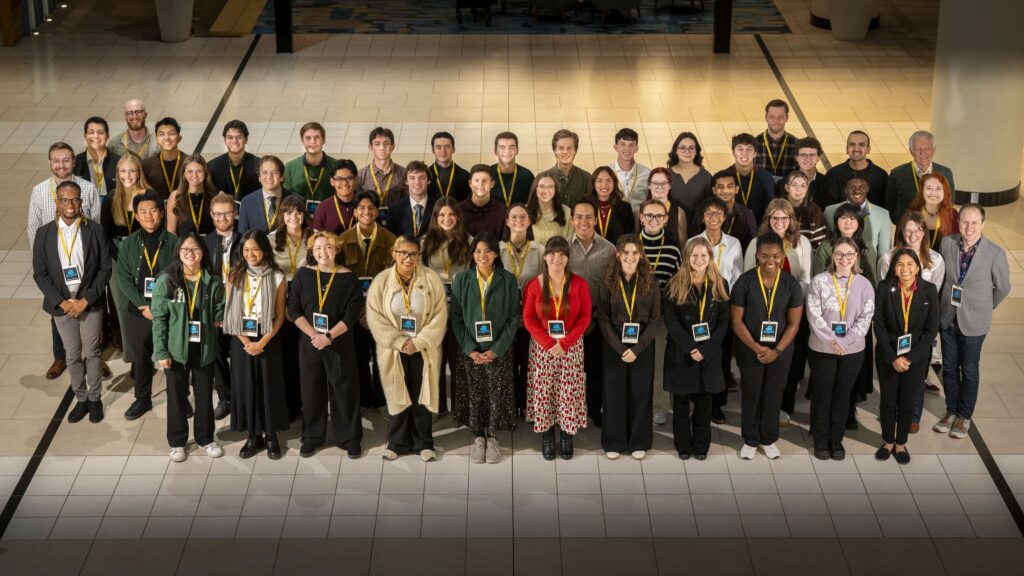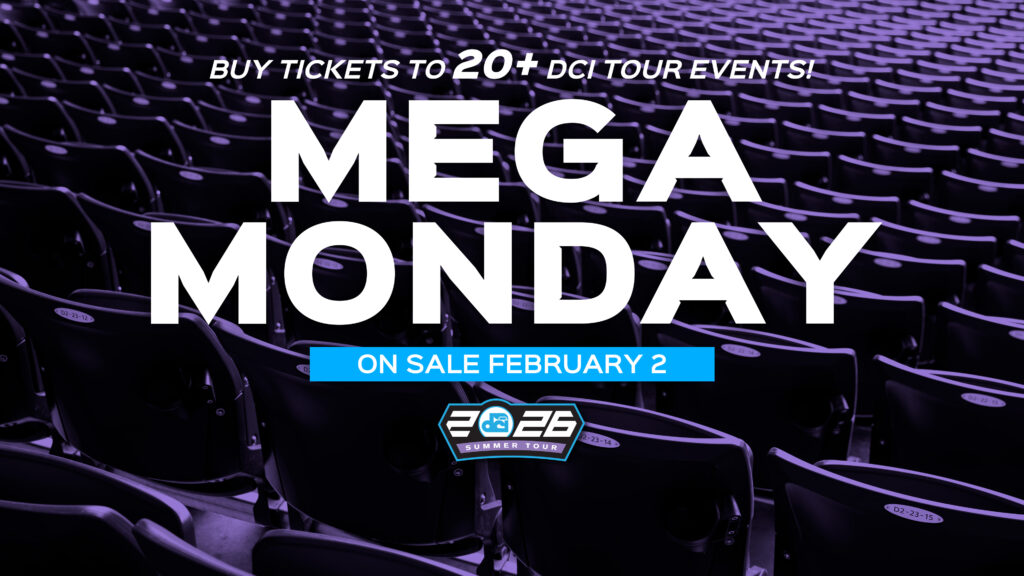On Jan. 25-28, instructors of Drum Corps International member corps and the DCI Board of Directors will meet in Atlanta to consider 10 new rules proposals. DCI.org columnist Michael Boo breaks down each of the items that will be considered and gives his insight and opinions on how passage of each rule might affect the direction of the drum corps activity.Part I of this series looks at three proposed rules for 2007 that deal with how a corps is judged.
Overall effect judges: This may possibly be one of the most radical proposals ever in regards to how shows are judged. Jeff Fiedler of the Cavaliers is proposing that the following be evaluated in 2007 for implementation in 2008. Currently, Drum Corps International contests utilize two General Effect (GE) judges, one for Visual GE and one for Music GE. Under this new proposal, there would still be two GE judges, but they each would judge overall effect as opposed to concentrating on just visual or just music. The logic is that programs have evolved to such a point that it’s impossible to separate one from the other. Musicians have become more and more visual in their movements and visual effects are more frequently tied in with the nuances of the music than they were 10 or 20 years ago. Fiedler writes in his proposal: “Corps are designing programs that have much greater effect because of the combined efforts, thoughts and presentation of music and visual as one.” Some current GE judges might need to become more skilled in expressing themselves in elements that they haven’t had to previously talk about on their tapes or consider before recording their scores. They would need to mesh their comprehension of music and visual effect into one seamless commentary and score. Frankly, there would be quite a bit of training to bring some judges to the point where they would feel comfortable with this. But to think about it in simple terms, as Fiedler writes, “These judges will assess the corps’ entire presentation with no particular caption focus—much like the audience …”
Visual performance judge positioning: The Blue Devils’ David Gibbs is proposing that the visual performance judge be moved off of the field during performances to a low position in the stands. He feels this is necessary to more consistently reward the best visual performing drum corps and to remove the judge as a distraction to audiences and danger to the performers. It’s difficult to disagree with that sentiment. At times, the visual judge has been a visual distraction to the audience due to the danger of being inside a fast-moving drill that is continually shifting. Gibbs states in the proposal: “There is no way that one judge can sample fairly and view intelligently the visual performance of a drum corps when placed on a 100-yard football field.” Discussion may well involve whether a judge in the stands can truly “get inside” a drill to catch nuances in how well corps are really marching. Someone might say that if there is no visual judge on the field, a corps can focus on perfecting its drill formations selectively so that they appear precise from the front, and not have to worry about how the formations are perceived from any other angle. On the other hand, all corps would have the ability to perfect their drill formations in a similar manner. One could say that it is most important that drill is perfected as perceived from the front, since fans in general aren’t sitting in a stadium’s sideline seats or (metaphorically) on the field.
Percussion adjudication: Jeff Fiedler proposes that from June 1 to July 4, there would be just one percussion judge per show, to be stationed in the stands or in the press box. From July 5 to the end of the season, there would be just one percussion judge used on the field. This is a change in the current systems which utilizes two percussion judges at major regional events. Fiedler states in his proposal, “[Adjudicating] field percussion in the first weeks of the season is many times futile because of judge(s) not accessing the battery or pit in a timely manner. Early weeks of observation from stands allows for [improved] early season member-judge safety along with improved understanding and observation of program and accessibility which can benefit judge/corps later in the season.” The logic is that a percussion judge can better assess percussion performance in the early season from off of the field. Currently judges are often forced to scurry across the field to avoid fast-moving visual moves as a result of being unfamiliar with the percussion drill, thereby missing many opportunities to sample the different sections of a drum line and provide relevant suggestions for improvement.
Tomorrow: Michael Boo evaluates three more rules proposals including two on updates to current judging sheets and a rules proposal on how the winner of a show is determined.






